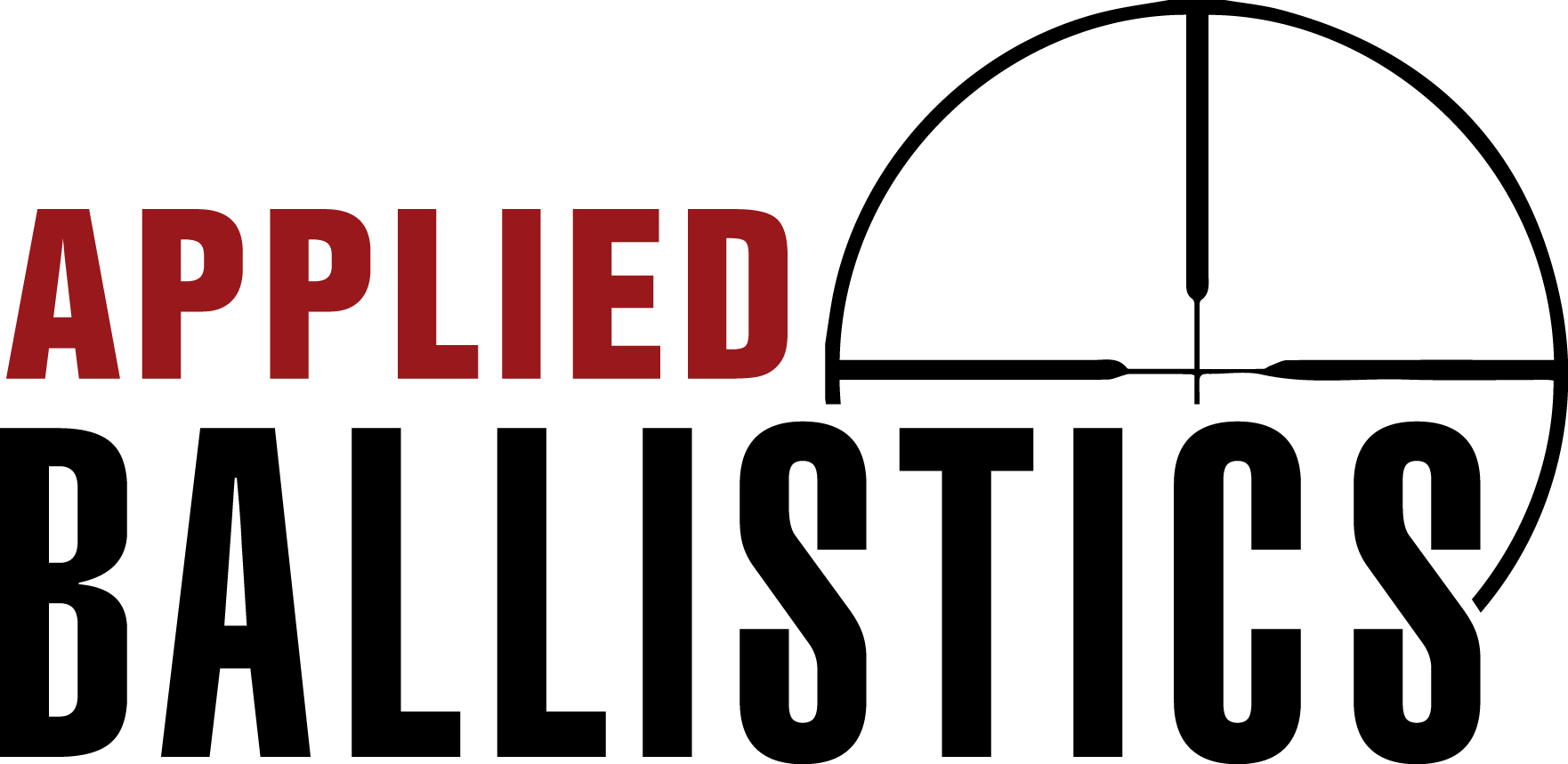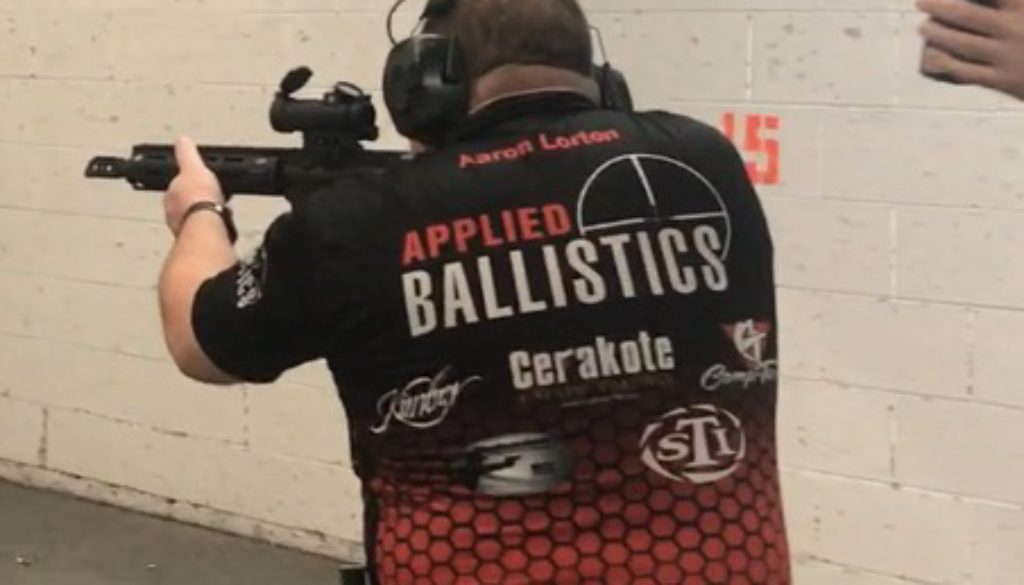The Rise of the PCC
The Rise of the PCC
The Pistol Caliber Carbine, or PCC, has been around for a long time. These firearms serve a variety of shooters in a wide variety of roles. While they have been around for as long as I can remember, they have caught on in serious way in the last few years.
If you haven’t shot a modern PCC I suggest you give one a try. There are many advantages to the PCC over a more traditional rifle. Here are just a few:
- Ammunition cost is very reasonable in the most popular PCC caliber: Cheap 9mm can be had for just over half of what cheap 5.56 ammo sells for and a third or less of what you have to pay for .308 ammo. Cheaper ammo means more rounds down range. More rounds down range means more practice and more fun.
- PCCs can be shot at facilities that don’t allow rifle calibers. Many indoor ranges only allow pistol calibers or they charge a premium for high velocity rifle calibers because they cause more wear and tear on the backstop. Pistol caliber carbines can be used anywhere handguns can be used. If you shoot primarily at indoor ranges this can be especially handy.
- PCCs can be used to shoot steel targets at close range and they can be used on steel that is only rated for pistol calibers. Shooting steel is fun, and it is great practice. Rifle calibers require much heavier duty steel and much longer ranges to be practical. PCCs can shoot handgun steel targets at handgun steel distances. This opens up a world of options for a creative shooter.
- Many PCCs are designed to accept common handgun magazines. It is handy having your PCC and your handgun use the same magazines if, for no other reason, you don’t have to buy a bunch of new magazines for your new gun.
- USPSA now allows the PCC to be used in matches. Carbines are easier to shoot fast, and easier to shoot accurately, than handguns. USPSA is all about speed and accuracy and the PCC fits right in. Shooting a USPSA match with a PCC is great fun, simpler, and much cheaper (for both equipment requirements and entry fees) than shooting 3-Gun where you need two other competition ready firearms. Many 3-Gun shooters have also found that shooting USPSA with a PCC is good way to get rifle practice for 3-Gun.
- PCCs are handy little rifles. There is no reason for long barrels because straight wall pistol cases use a low volume of fast burning powder. Barrels gain very little velocity when adding length over 12”. The only reason 16” barrels are so common is simply because that keeps people out of SBR (short barreled rifle) territory that federal registration, long waits, and an additional $200 tax stamp. Despite these requirements, short barreled PCCs are common as pistol calibers are begging for 6”-12” barrels.
- Speaking of short barrels, did I mention that pistol calibers suppress well? Subsonic 9mm ammo is far cheaper to source than any subsonic rifle caliber ammo and suppresses very well. With a short barrel and suppressor a PCC can be considerably shorter than a 16” carbine, and surprisingly quiet.
With these advantages in mind it isn’t hard to see why so many people have taken an interest in PCCs. The most common reasons people give for wanting a PCC are recreation, cheaper practice, home defense, and competition. I’ll share some of my thoughts on each of these.
Recreation
Shooting a PCC is fun. A full size rifle in a pistol caliber like 9mm is pleasant to shoot and cheap to shoot compared to its rifle caliber cousins. It can be shot in many places that rifle calibers cannot be used and it can be used on steel targets that rifle calibers cannot be used on. This, more than anything else, seems to be a driving factor for PCC popularity. If you want a gun that is fun and reasonably inexpensive to shoot, packs more of a punch than a .22LR, but is easier to shoot well than a handgun the PCC may just be for you.
Practice
Many people interested in improving their rifle shooting skills, specifically rifle caliber carbines, have found that a PCC in the same platform, such as an AR, allows them to shoot more frequently and at more locations than they can use their regular AR in 5.56mm. There are many options for 9mm ARs these days and since the manual of arms is identical to a regular 5.56 AR the practice and training value is excellent.
Defense
Quite a few people have recently expressed to me their interest in having a PCC for home defense. One can be a reasonable option, with some caveats.
On the pro side the PCC is easier to make fast hits with, particularly under stress, than a handgun. This is true of any long gun, actually, and is one of the best arguments made by people advocating the use of a shotgun or rifle for home defense.
Another plus is that a PCC isn’t nearly as loud as a rifle caliber. The concussion and noise of a rifle caliber being fired indoors will cause significantly more hearing damage to the shooter as well as any other parties nearby. If I’m in a position that I must use deadly force to defend my family hearing loss is low on my list of priorities, but it is still on the list.
A commonly cited reason to choose a PCC is concern of over-penetration with a rifle caliber. This is often an overblown concern. A properly designed defensive 5.56 round doesn’t penetrate more than a properly designed defensive handgun round, but it must be a round designed and tested for this purpose. Use of improper rifle caliber ammunition in a building can result it dangerous overpentration.
As with anything, there are some cons to using a PCC for home defense. First and foremost is that a handgun caliber has significantly reduced terminal performance compared to a rifle caliber. Some argue that if you are using a rifle sized firearm, you should have rifle caliber terminal performance. This isn’t without merit.
Another concern is reliability. While I have seen and shot many PCCs that run well, I have to say that I have seen a higher percentage of PCCs have reliability issues compared to modern defensive handguns and/or rifles in rifle calibers. Some PCCs, such as ARs, are adaptations to designs originally meant for rifle calibers. It isn’t surprising that they are more prone to reliability issues and sometimes need some tweaking to run well. This seems to be less of an issue for guns designed from the ground up as PCCs, such as the Sig MPX or the CZ Scorpion, but PCC ARs seem to be the most common on the market and the most commonly used by your average shooter so it is worth mentioning. If you plan to use a PCC for home defense, shoot it enough to know it is reliable and make sure it functions well with proper defensive ammunition (a good idea for any gun used for defensive purposes).
Lastly, a long gun can be harder to maneuver in tight confines. It isn’t impossible, and with training this can be significantly mitigated, but it is a valid concern. If you don’t spring for the short barreled version (with waiting period and requisite $200 tax stamp) a longer barreled PCC can be tricky to use indoors. If you plan to use a PCC for home defense, it is worth getting some long gun training in this area (when isn’t training a good idea?).
Competition
USPSA began allowing PCCs in 2016. Since they were introduced, the number of PCC shooters at matches has steadily increased. This hasn’t been without opposition. Some USPSA shooters don’t like the inclusion of long guns as USPSA has traditionally been a handgun sport but enough people have embraced the PCC that I doubt it is going anywhere anytime soon.
Since a PCC can be used on pistol caliber steel targets, and used on any ranges where handguns are allowed, it was easy to include in “pistol” matches. They are fun to shoot and often wind up as the overall high score at matches. While PCCs aren’t the cheapest competition guns, they also aren’t as costly or as specialized as compensated open pistols with optics. Many people who don’t compete already own PCCs and can jump right in with one.
As I mentioned earlier, many 3-Gun competitors have found that shooting USPSA with a PCC is excellent practice for rifle shooting in 3-Gun (shooting USPSA with a handgun is also excellent handgun practice for 3-Gun). Practice is always good, but being able to run stages in a competitive environment on the time and against other competitors takes it to a level that is hard to replicate in a practice session.
While a PCC isn’t for everyone, they certainly fill a fun niche of the gun market. If you are interested, but aren’t sure if a PCC is right for you, find a buddy with one you can borrow or rent one at your local gun range. My guess is you won’t have to wonder if you want one when you’re finished.

